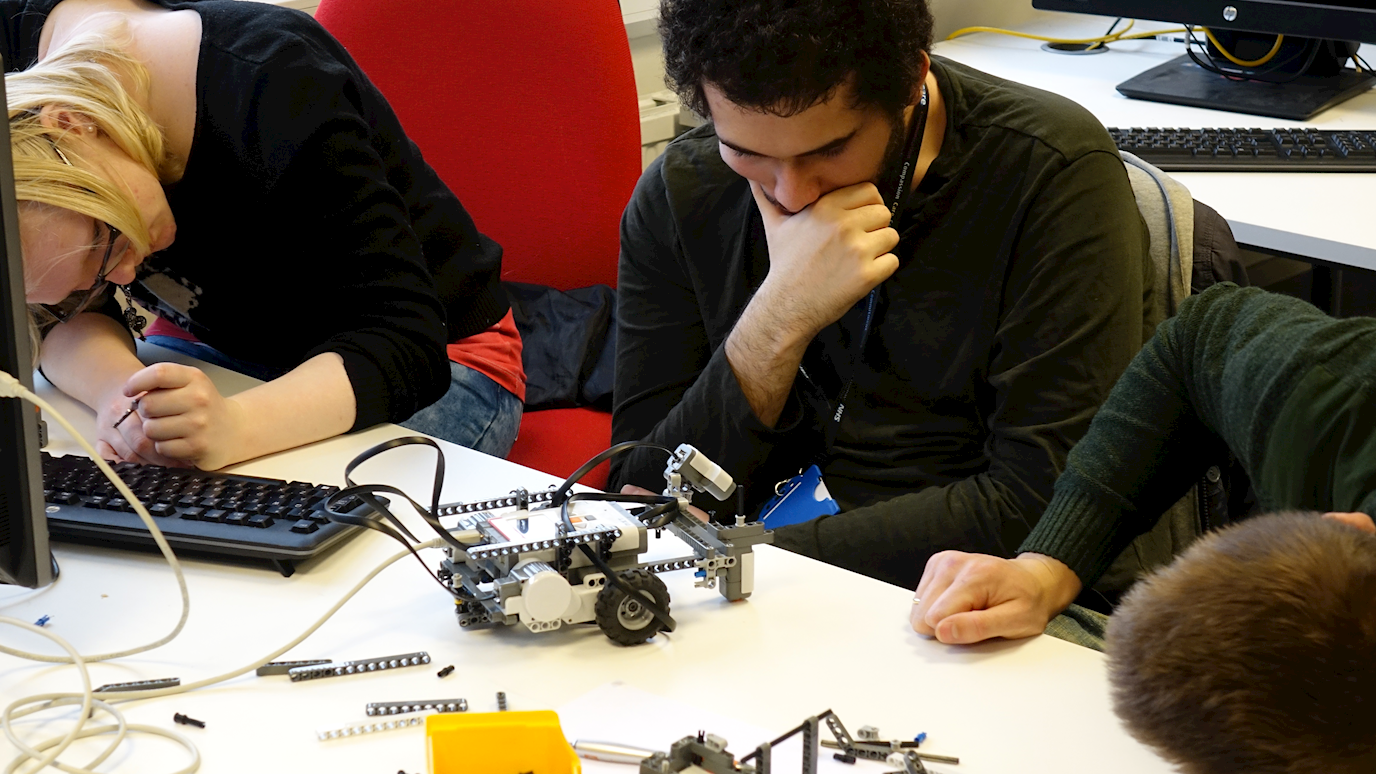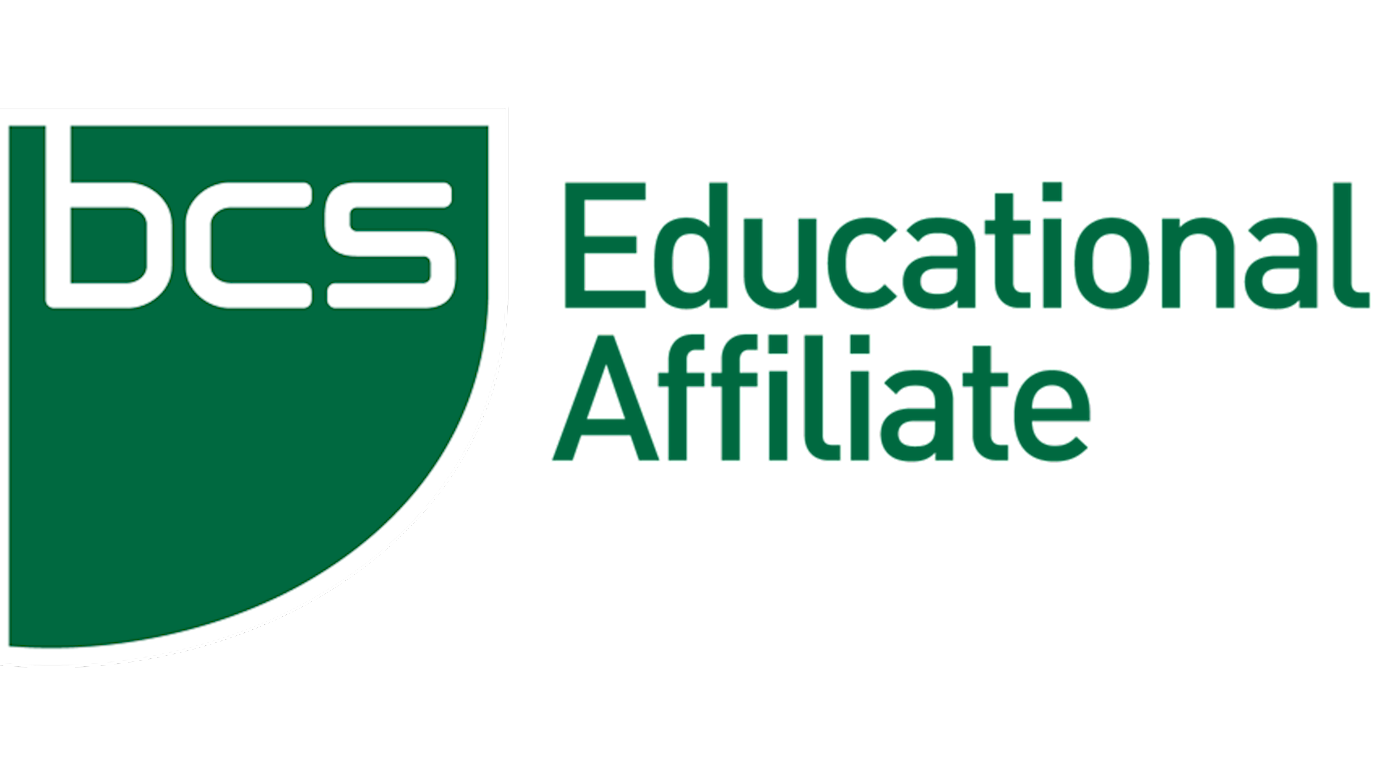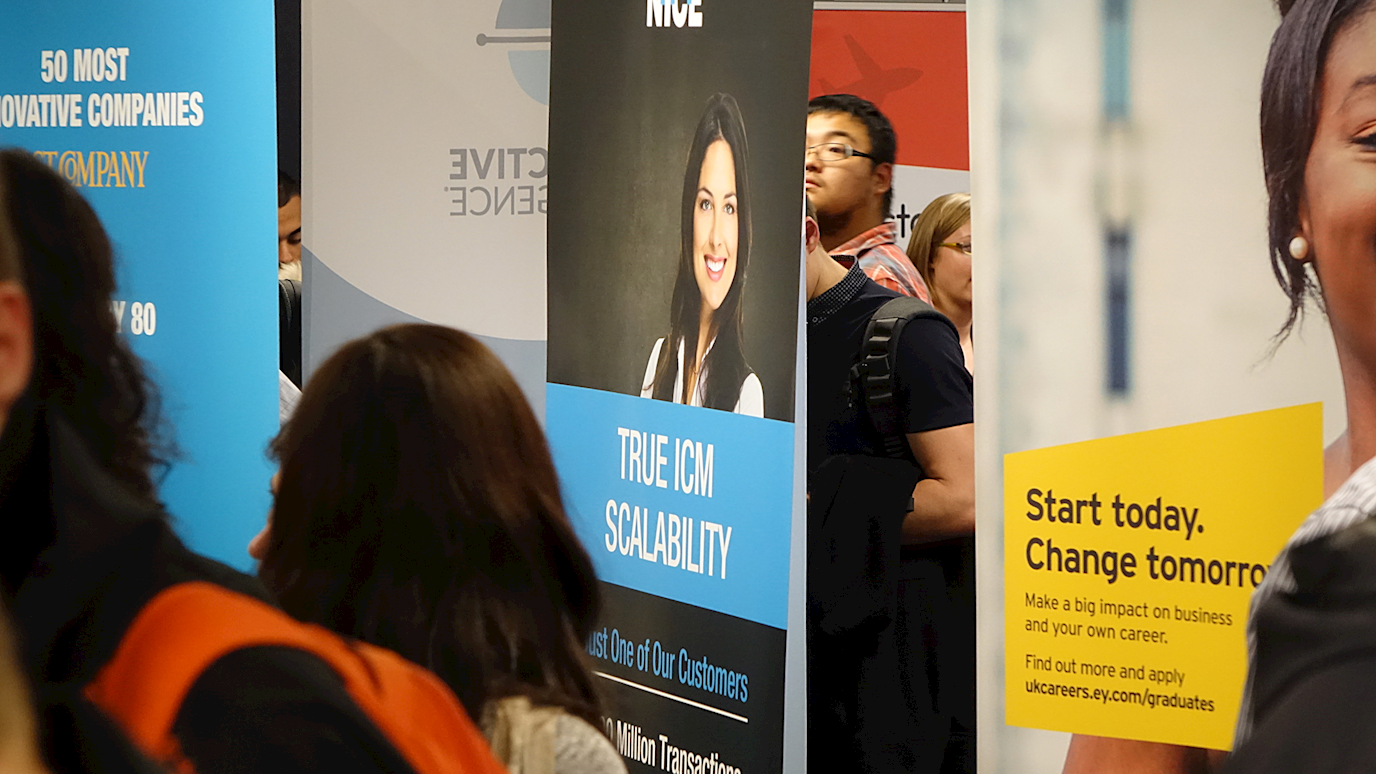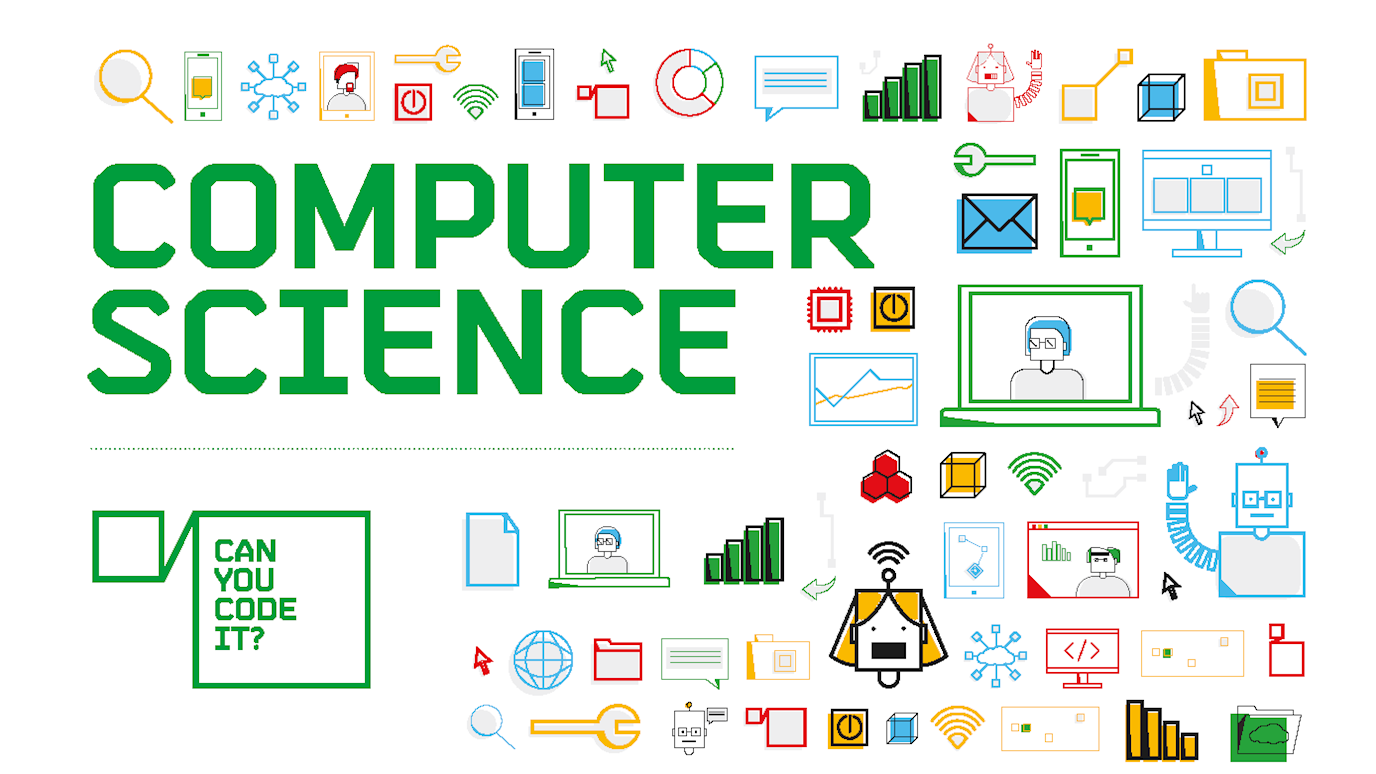These are some of the questions that we are often asked.
Should you need any additional information, don't hesitate to contact us.
What’s the difference between a Computer Science and an IT degree?
An IT degree focuses on training you on specific skills and technologies that are currently in use.
In a Computer Science degree, such as the ones we teach here at Royal Holloway, we educate you to “think computationally”, i.e., to develop in you a deep understanding of the foundations of computing and the ability to use the power of computing to solve problems and build systems in a variety of application domains.
These are skills that you will acquire for life: you will be flexible to adapt to changes in technology, to innovate, and to explore the ramifications and benefits of exploiting new technologies.
Can I come straight into second year?
We sometimes admit students directly into the second year, but only when they are qualified, which means among other things that you must have a good grasp of programming, normally in Java.
I don't know how to program.
Should I still apply?
We don't assume that you have any experience in programming and teach object-oriented programming from basics. To help you learn more quickly and consolidate what you learn in lectures we run two laboratory-based modules – one in games and the other in robotics – during the first year. In those modules, you experiment with what you have learned, at your own pace, under the supervision of an academic.
I already know how to program.
Will I be bored?
You certainly won’t. Even if you already have experience in programming, there is always a lot to learn. During your first year, we offer two laboratory-based modules – one in games and the other in robotics – in which you will be able to develop real applications as ambitious as you want, using your creativity and imagination. Some of our students go on to program quite sophisticated and 'intelligent' robots or games.
We offer challenges to our students depending on the way they are making progress in programming so that those who are already more advanced can keep learning and honing their skills.
In the Spring-term Games Laboratory, students are put into groups according to the programming skills that they demonstrated during the Autumn term.
The more advanced students will also be invited to do an alternative module – Software Development – to Object-Oriented Programming II.
There are also extra-curricular activities that you may wish to join. Check under "Exploring who you are".
I haven't taken A-level maths.
Will I struggle?
We will teach you the maths you need in order to do well in your course. Even if you have done A-level maths it is unlikely that you will have learnt all the topics that we cover, so there will be something for you to discover. The way we teach maths is problem-solving oriented, so it may be different from what you are used to.
There is a lot of support that we provide to help you learn maths, from small group tutorials to sessions delivered by the University's Centre for the Development of Academic Skills (CEDAS) that will help you catch up with the material we teach in lectures. There is also very comprehensive support that we offer before exams to help you revise.
Can I change pathways during my studies?
Degrees
The short answer is 'yes'; we have built a lot of flexibility into our degree structure, starting with setting the same entry requirements for all our single-honours degrees.
The first year of all single-honours degrees is essentially the same except that students on the Software Engineering degrees take Software Development instead of Object-Oriented Programming. These two modules differ in the Spring Term but students on other pathways can also take it to keep their options open.
Different degrees start specialising in the second year but, as along as you choose the right electives, you can move into a specialised degree during your course. Moving to a general Computer Science degree is always possible.
Changing to or from a joint degree is possible but needs to be considered on an individual basis as the entry requirements are not the same.
Can I change pathways during my studies?
Integrated Masters (MSci)
You can opt in to or out of an Integrated Masters (MSci) degree until the end of your second year. However, please note that, to remain or opt in to an MSci degree, you must have shown good academic performance.
Can I change pathways during my studies?
Year-in-Industry
You can opt in to or out of a Year-in-Industry degree until the end of your second year (third year if you are on an MSci). However, please note that, to take a year out in industry, we require that you have passed your first year and second year with good marks. This is so that you can really profit from working at the company of your choice and learn skills that you can use to complete your degree when you come back to Royal Holloway.
I have special needs.
Will I receive support?
The University offers a lot of support to students who have special needs, for example because of dyslexia or a disability, or if you need counselling at any time during your studies.
Support is also provided at departmental level through a dedicated Pastoral Care tutor who works together with the University services. There is also a range of extra-curricular activities that will help you engage with life in the Department according to your own needs; see Exploring Who You Are below.
There is no reason why you can't succeed. Read James Tapsell's story as an example of our far you can go.
























